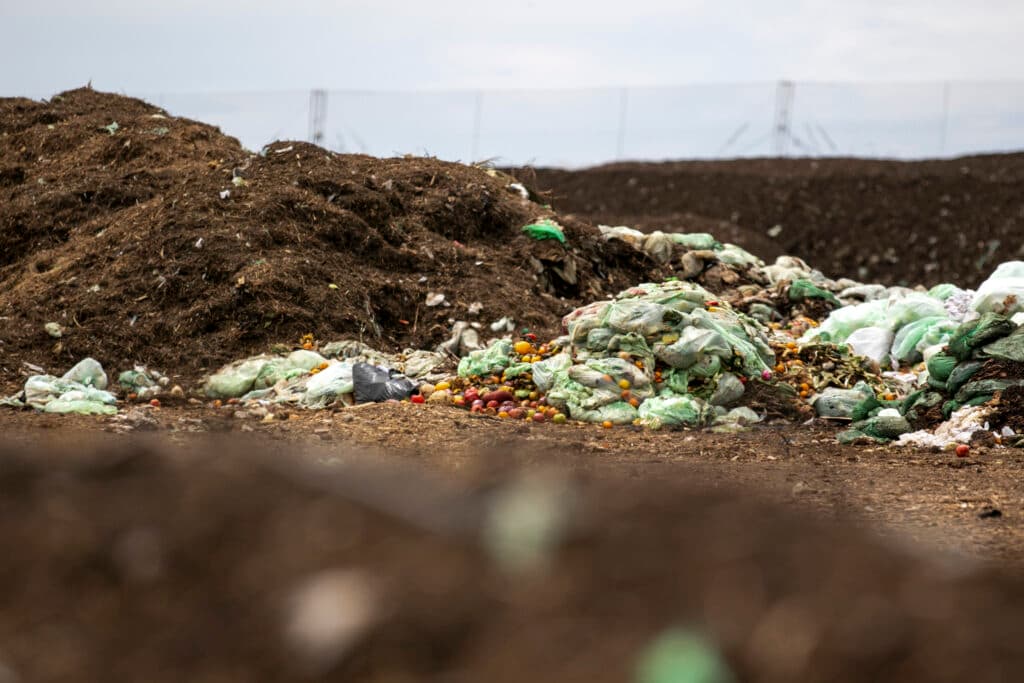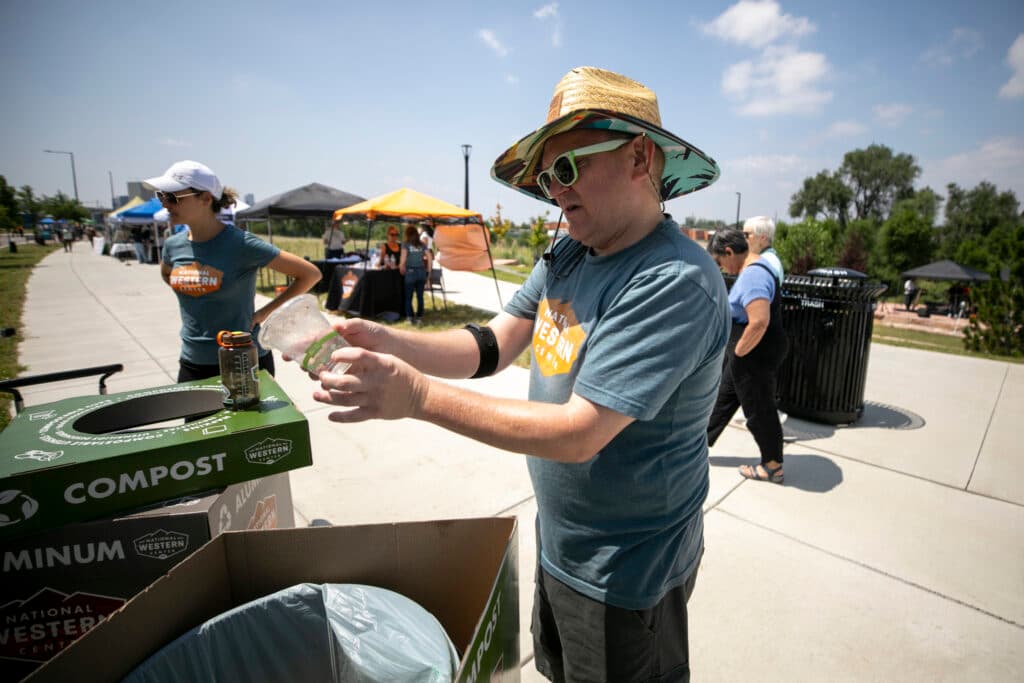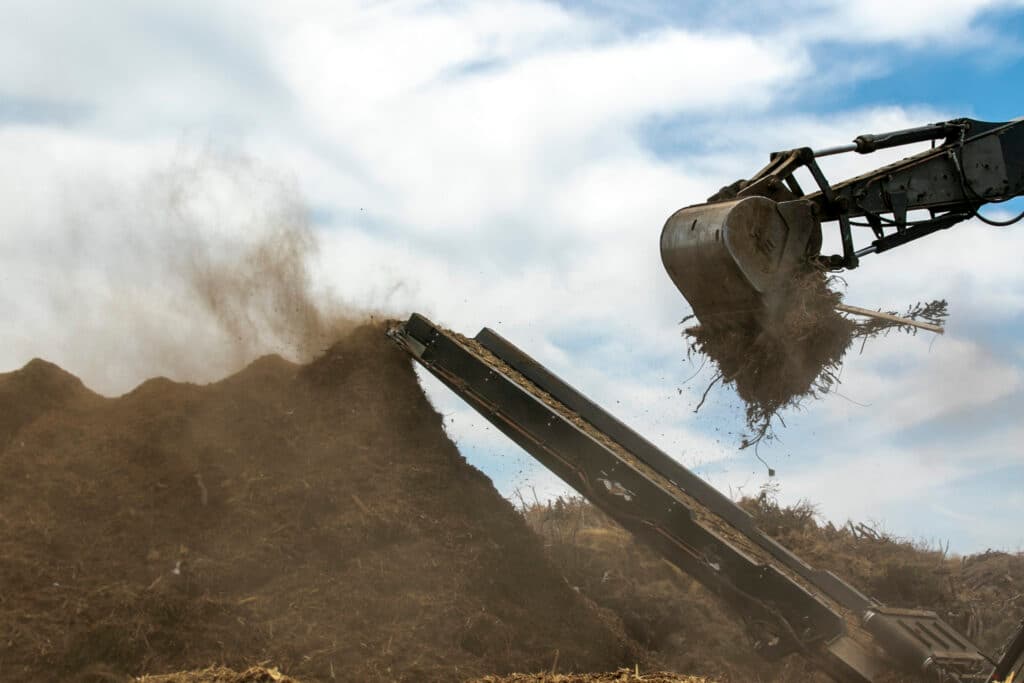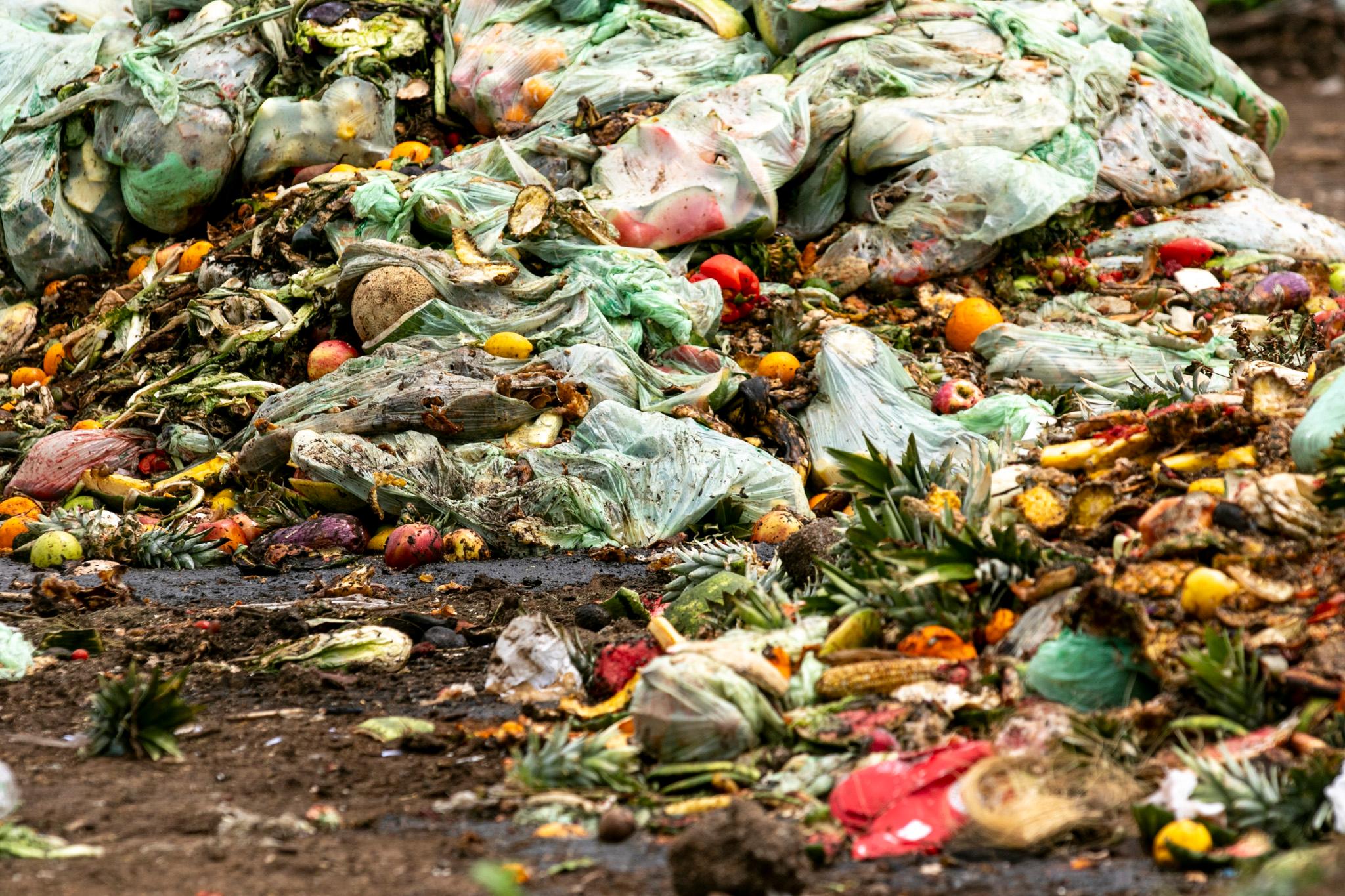Denver City Council agreed to try to make the city a little greener on Monday night, finally activating a law that’s sat dormant for the last three years.
In 2022, 70 percent of voters approved Waste No More, a grassroots ballot initiative that aimed to require composting at big apartment buildings, restaurants, events, construction sites and more.
Though it was enshrined into law, officials declined to enforce the measure until its original text could be fully reworked. Council wanted to both streamline rules and install carve-outs for business groups that were worried small enterprises could be hit with extra expenses and work to comply. The new rules have been under debate since last winter.
While council members have finished their tweaking, people excited about the new sustainability requirements will have to wait another year to see Waste No More in action.
Lawmakers agreed to delay enforcement until Sept. 1, 2026.
Here’s what Waste No More will require of property managers:
Waste No More requires building managers and businesses to provide compost and recycling services alongside regular trash, which includes both collection of that material and hauling it to appropriate facilities.
They also must provide materials to educate tenants, employees and customers about how to do it correctly, as well as submit “waste diversion plans” to officials detailing their systems.
Waste No More applies to multifamily buildings with more than eight units and non-residential buildings, like restaurants, commissaries and warehouses — pretty much any building that produces organic waste that’s not an individual home, which is otherwise covered by Denver’s optional residential composting service.

Businesses can file for exemptions for “economic hardship” or if they don’t produce enough recyclable or compostable waste. Those requests will be handled on a case-by-case basis. They can also come up with their own, creative solutions to diverting waste, like donating leftovers to food pantries.
Vacant land, parking lots, food trucks and other temporary dining establishments are explicitly exempted from the rules.
The new rules are an especially big deal for restaurants, which have been the face of opposition to Waste No More.
The Colorado Restaurant Association spent months lobbying council members and Mayor Mike Johnston’s office for exemptions to the program. They argued that the city’s smallest and most vulnerable enterprises might be eviscerated by the new requirements.
An earlier draft of Waste No More’s new rules would have exempted restaurants that earn less than $2 million in revenues and employ fewer than 25 workers, but that language was scrapped from the final version.
A spokesperson for Johnston’s office said the passed ordinance shows Denver is “a city that is both climate-friendly and business-friendly.”
Meanwhile, a spokesperson from the Restaurant Association said they were disappointed by the change, saying the rules “over-regulate” small enterprises.
There are also new rules for events:
While exemptions for smaller restaurants did not make the final language, council members did approve loopholes for smaller events.
Under the new text, events that expect more than 1,000 attendees per week will be required to provide compost and recycling options. Events that expect between 350 and 1,000 attendees are only required to provide recycling. Events that expect fewer than 350 attendees are off the hook entirely.

Waste No More also stipulates that event planners must ensure compost, recycling and landfill streams are sorted correctly. They’ll probably have to hire people to do that work, which is not always as simple as it seems.
Like business owners, event managers will have to submit diversion plans to the city when they apply for their permits, or else risk being denied.
Finally, here are the new rules for construction:
These regulations apply to construction and demolition projects for spaces over 500 square feet in area, and to interior renovations for spaces over 2,500 square feet.
Starting in September 2026, contractors will be required to divert as much as 50 percent of leftover materials from landfills, including concrete, asphalt, masonry, untreated wood, metal, and corrugated cardboard.
In September 2036, that number rises to 65 percent.
Construction managers will have to pay a security deposit before a project begins, as much as $200,000 for the largest projects.
They’ll also be required to provide documentation on how much material was purchased for a project and how much was diverted from landfills.
Managers will get those deposits back based on how much they diverted. If they come up short on diversion, they’ll only get part — or none — of the deposit back.
Officials are promising an educational approach to enforcement.
In the ordinance’s new text, and in all the negotiations surrounding the measure, city leaders have been clear that they don’t intend to use Waste No More as a way to punish businesses.
The law allows officials to revoke operating permits and levy fines, but they say they’ll work first to help businesses and landlords understand their requirements and get them into compliance.
“That will be the goal once this becomes formally implemented in September,” Johnston policy advisor Tim Hoffman told city Council on Monday. ”Making sure that it's an education-based disciplinary matrix, and only in a last resort type scenario would a financial burden or something else be put into place.”

Still, some remain worried about the new requirements and possible penalties.
“The amount of costs that this is going to add to our businesses, to our registered neighborhood organizations that are hosting events, all of those different kinds of things don't make any sense,” city council member Amanda Sawyer said on Monday.
Only she and member Kevin Flynn voted against the measure.
Meanwhile, environmental advocates who pushed for the measure have been celebrating.
“I’m elated,” Brian Loma, who works with the GreenLatinos advocacy group, told us on Tuesday.
“This is not about creating undue financial burdens on business and industry,” he said. “It’s about being a leader in materials recovery, and making sure we’re managing all the valuable resources that we mine out of the Earth. Because it’s illogical to rebury them.”












